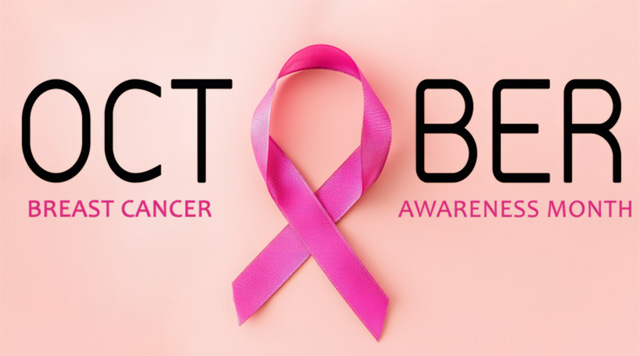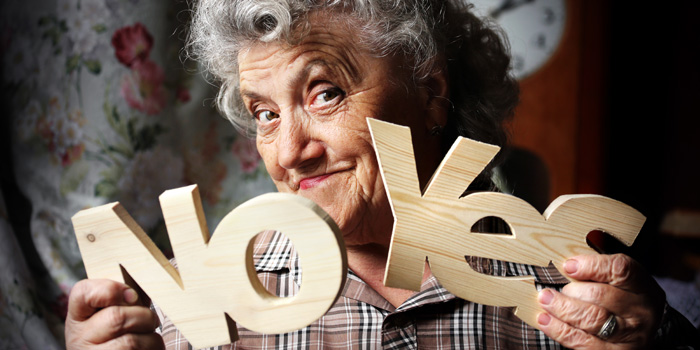Breast cancer screening saves lives, but it’s not without risks. For older women, especially those over 75, the decision to continue mammograms deserves a closer look. While October’s Breast Cancer Awareness Month often emphasizes early detection, it’s equally important to understand the potential downsides of routine screening in later life.
False Positives: The Stress of “Just in Case”
Mammograms can detect abnormalities that aren’t cancer. These false positives often lead to follow-up tests—ultrasounds, MRIs, or biopsies—that may cause anxiety, discomfort, and even unnecessary procedures. For older women, especially those managing other health conditions, this stress can be more than just inconvenient—it can be harmful.
Overdiagnosis: Treating What Might Never Harm
Some breast cancers grow so slowly they would never cause symptoms or shorten a woman’s life. But once they are detected, they’re often treated with surgery, radiation, or medication. For older women, this can mean enduring side effects or complications from treatments that may not have been needed in the first place.

Radiation Exposure: Small Dose, Cumulative Impact
Modern mammograms use low-dose X-rays, and the radiation risk is minimal. But over time, repeated exposure adds up. For women with fragile health or limited life expectancy, even small risks deserve consideration, especially if the likelihood of benefit is low.
Physical Discomfort and Emotional Stress
Mammograms require breast compression, which can be painful for women with arthritis, thinning skin, or mobility issues. What was once a routine inconvenience may now feel like a genuine hardship.
And, then there is waiting for results, navigating ambiguous findings, and facing tough decisions. All of this can be emotionally draining. For older women, especially those with cognitive decline or anxiety, the psychological impact may outweigh the clinical value.
So, What’s the Right Call?
There’s no universal answer. The decision to continue mammograms after age 75 should be based on:
- Overall health and life expectancy
- Personal values and treatment preferences
- Willingness to pursue follow-up care if cancer is found
If Mom is healthy, active, and would opt for treatment, screening may still make sense. But if she’s facing multiple health challenges or would decline intervention regardless, it may not be such a good idea.
Talk It Through
This isn’t just a medical decision—it’s a family conversation. Ask Mom how she feels. Share what you’ve learned. And involve her doctor to weigh the risks and benefits together.
Breast Cancer Awareness Month isn’t just about pink ribbons — it’s about informed choices. For older women, honoring their autonomy and tailoring care to what truly matters is the most powerful form of awareness we can offer.

